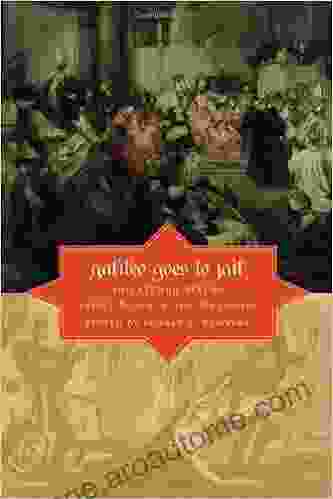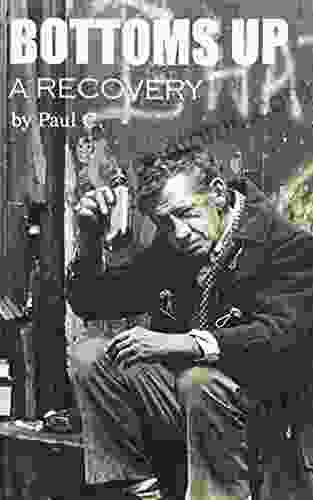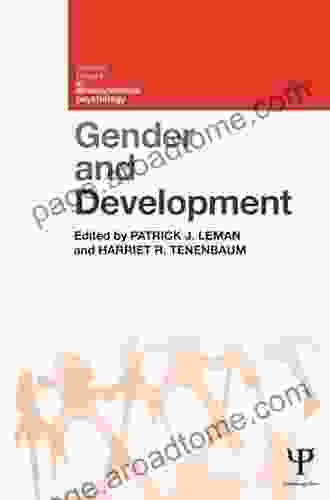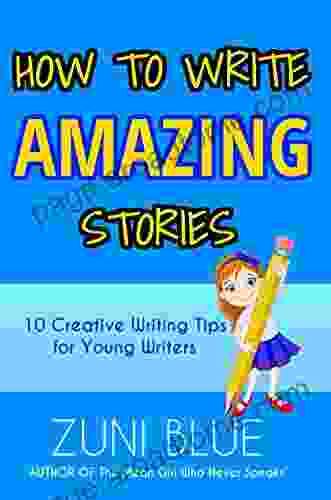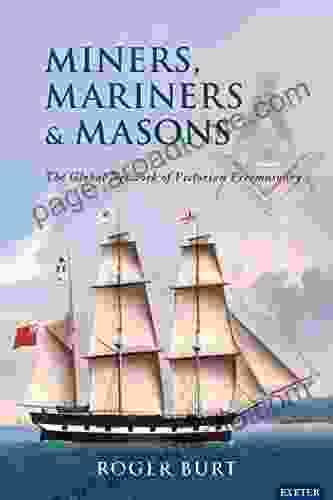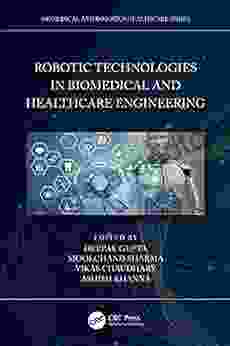Galileo Goes To Jail And Other Myths About Science And Religion

Galileo Goes To Jail And Other Myths About Science And Religion is a book that explores the relationship between science and religion. The book argues that the two are not necessarily in conflict, and that they can actually be mutually supportive. The book is written by Ronald L. Numbers, a professor of the history of science and medicine at the University of Wisconsin-Madison.
4.5 out of 5
| Language | : | English |
| File size | : | 2483 KB |
| Text-to-Speech | : | Enabled |
| Screen Reader | : | Supported |
| Word Wise | : | Enabled |
| Print length | : | 320 pages |
The book is divided into six chapters. The first chapter provides a brief overview of the history of the relationship between science and religion. The second chapter discusses the Galileo affair, which is often cited as an example of the conflict between science and religion. The third chapter examines the Scopes trial, which was another famous conflict between science and religion. The fourth chapter discusses the rise of the scientific method and its impact on the relationship between science and religion. The fifth chapter discusses the development of evolutionary theory and its impact on the relationship between science and religion. The sixth chapter concludes the book by discussing the current state of the relationship between science and religion.
Numbers argues that the conflict between science and religion is a myth. He points out that there have been many scientists who have also been religious believers, and that there have been many religious leaders who have supported science. He also argues that the scientific method is not inherently anti-religious, and that it can actually be used to support religious beliefs.
Numbers' book is a valuable contribution to the discussion of the relationship between science and religion. It is a well-written and well-researched book that provides a nuanced and balanced view of the topic. I highly recommend it to anyone who is interested in the relationship between science and religion.
Myths About Science and Religion
There are a number of myths about the relationship between science and religion. Some of the most common myths include:
- The myth that science and religion are always in conflict.
- The myth that science is always right and religion is always wrong.
- The myth that science can explain everything.
- The myth that religion is anti-intellectual.
These myths are not only false, but they can also be harmful. They can lead people to believe that science and religion are incompatible, and that they must choose one over the other. This can lead to conflict and division.
The reality is that science and religion can be mutually supportive. Science can provide evidence for religious beliefs, and religion can provide meaning and purpose to scientific discoveries. Both science and religion can help us to understand the world around us and our place in it.
Galileo Goes To Jail And Other Myths About Science And Religion is a timely and important book. It provides a much-needed corrective to the myths that surround the relationship between science and religion. Numbers' book shows that science and religion are not necessarily in conflict, and that they can actually be mutually supportive. I highly recommend this book to anyone who is interested in the relationship between science and religion.
4.5 out of 5
| Language | : | English |
| File size | : | 2483 KB |
| Text-to-Speech | : | Enabled |
| Screen Reader | : | Supported |
| Word Wise | : | Enabled |
| Print length | : | 320 pages |
Do you want to contribute by writing guest posts on this blog?
Please contact us and send us a resume of previous articles that you have written.
 Book
Book Novel
Novel Page
Page Chapter
Chapter Text
Text Story
Story Genre
Genre Reader
Reader Library
Library Paperback
Paperback E-book
E-book Magazine
Magazine Newspaper
Newspaper Paragraph
Paragraph Sentence
Sentence Bookmark
Bookmark Shelf
Shelf Glossary
Glossary Bibliography
Bibliography Foreword
Foreword Preface
Preface Synopsis
Synopsis Annotation
Annotation Footnote
Footnote Manuscript
Manuscript Scroll
Scroll Codex
Codex Tome
Tome Bestseller
Bestseller Classics
Classics Library card
Library card Narrative
Narrative Biography
Biography Autobiography
Autobiography Memoir
Memoir Reference
Reference Encyclopedia
Encyclopedia Nuruddin Farah
Nuruddin Farah Thea Orozco
Thea Orozco Patricia V Symonds
Patricia V Symonds Thomas Gitau
Thomas Gitau Benjamin Bengfort
Benjamin Bengfort Prof Dr Wa Liebenberg
Prof Dr Wa Liebenberg Sheldon F Kurtz
Sheldon F Kurtz Per Brodal
Per Brodal Richard E Rubenstein
Richard E Rubenstein Yolanda Pierce
Yolanda Pierce William Berger
William Berger Vadim Backman
Vadim Backman Paul Haywood
Paul Haywood William A Kappele
William A Kappele Stuart Walker
Stuart Walker Rickie Solinger
Rickie Solinger Rahul Bhattacharya
Rahul Bhattacharya Parag Kulkarni
Parag Kulkarni Richard Scott
Richard Scott Taylor Tully
Taylor Tully
Light bulbAdvertise smarter! Our strategic ad space ensures maximum exposure. Reserve your spot today!
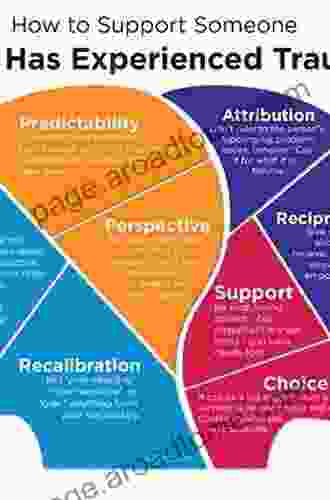
 Ismael HayesSurviving, Coping, and Adjusting After Brain Injury: An Essential Guide for...
Ismael HayesSurviving, Coping, and Adjusting After Brain Injury: An Essential Guide for... Miguel de CervantesFollow ·4.3k
Miguel de CervantesFollow ·4.3k Harold BlairFollow ·5.6k
Harold BlairFollow ·5.6k Asher BellFollow ·10.7k
Asher BellFollow ·10.7k Jesse BellFollow ·10.1k
Jesse BellFollow ·10.1k Chance FosterFollow ·15.1k
Chance FosterFollow ·15.1k J.R.R. TolkienFollow ·4.8k
J.R.R. TolkienFollow ·4.8k Camden MitchellFollow ·9.1k
Camden MitchellFollow ·9.1k Winston HayesFollow ·4.3k
Winston HayesFollow ·4.3k

 W. Somerset Maugham
W. Somerset MaughamNourishing Delights: Easy Recipes Without Salt, Oil, or...
Are you looking for...
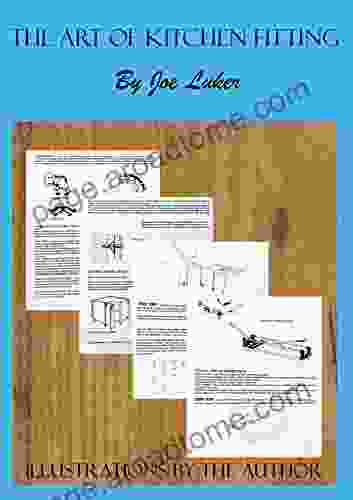
 Zachary Cox
Zachary CoxThe Art of Kitchen Fitting: A Masterful Guide to Culinary...
The kitchen, the heart of...
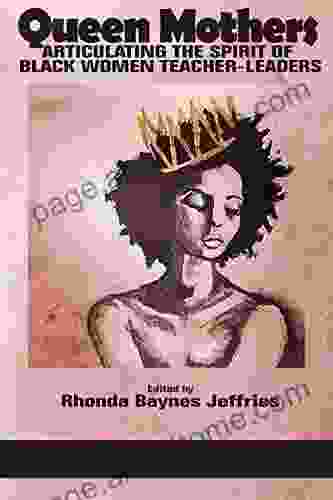
 Elliott Carter
Elliott CarterArticulating the Spirit of Black Women Teacher Leaders:...
In the tapestry of education,...
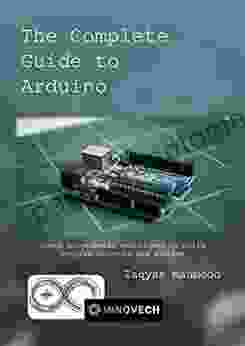
 James Gray
James GrayThe Complete Guide to Arduino: Your Journey to...
: Unveiling the...
4.5 out of 5
| Language | : | English |
| File size | : | 2483 KB |
| Text-to-Speech | : | Enabled |
| Screen Reader | : | Supported |
| Word Wise | : | Enabled |
| Print length | : | 320 pages |


